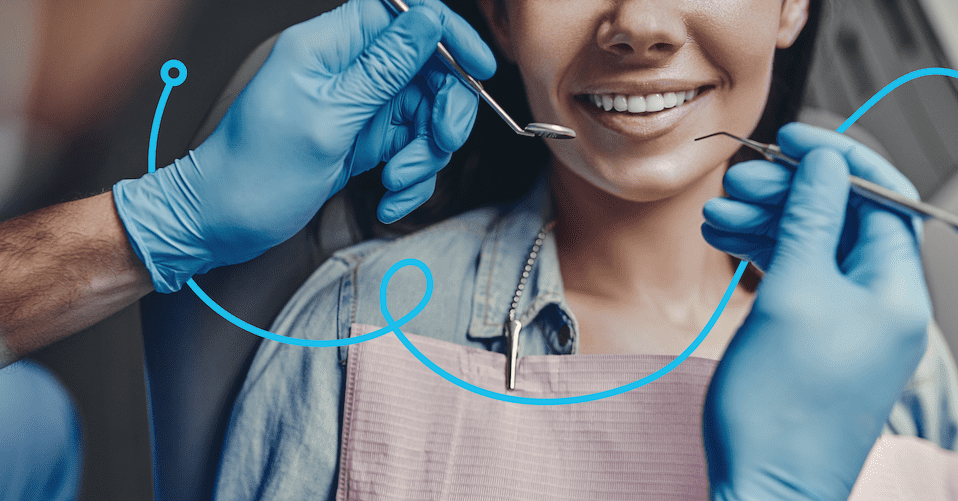In the modern digital age, dental practices rely heavily on software solutions to streamline administrative tasks, enhance patient care, and improve overall efficiency. Dental software encompasses many applications, including electronic health records (EHR), patient management systems, billing software, and more.
However, with the increasing reliance on technology, the importance of data security in dental software must be addressed. Protecting sensitive patient information and maintaining the trust of patients is paramount for dental practices, and robust data security measures are the key to achieving these goals.
1. Protecting Patient Privacy
One of the primary reasons data security is critical in dental software is to protect patient privacy. Dental practices handle a vast amount of sensitive information, such as medical history, X-rays, diagnoses, treatment plans, and billing data. It is crucial to safeguard sensitive information from potential security breaches and unauthorized access, which can lead to identity theft, fraud, or harm to the patients.
2. Preventing Data Breaches
Data breaches can have severe consequences for dental practices, both financially and in terms of reputation. If a breach occurs, it can put the personal information of many patients at risk and damage the reputation of the practice. To prevent this, it’s important to have strong data security measures in place. It includes implementing encryption, access controls and conducting regular security audits. Doing so significantly reduces the risk of a data breach, and dental software systems become more resilient against cyber threats.
3. Safeguarding against Cyber Attacks
The healthcare industry, including dental practices, is a frequent target for cybercriminals due to the valuable data they store. One common type of attack is ransomware, where hackers encrypt data and demand payment for its release. Dental practices can safeguard themselves against cyber attacks by implementing robust security measures, including firewall protection, intrusion detection systems, and regular employee training. It will help them to mitigate any potential security incidents and minimize their impact.
4. Ensuring Business Continuity
Data security in dental software is crucial for maintaining business continuity. Any breach or data loss can disrupt daily operations, lead to downtime, and negatively impact patient care. Regular data backups, both on-site and off-site, are essential to ensure data can be quickly restored in the event of a disaster, whether it be a cyber attack, hardware failure, or a natural calamity. Business continuity planning should be an integral part of any dental practice’s data security strategy.
5. Enhancing Patient Trust
Patients expect their personal information to be handled with the utmost care and confidentiality. Dental practices must prioritize data security and show dedication to protecting patient data, as this helps build trust with patients. Patients can feel confident that their sensitive information is being kept safe and secure by using a secure dental software system. It can increase patient satisfaction and loyalty toward the practice.
6. Meeting Regulatory Requirements
Compliance with data security regulations is not just good practice; it is often a legal requirement. Dental practices that handle patient data must follow data protection laws, such as HIPAA in the US or the General Data Protection Regulation (GDPR) in the European Union. Not complying with regulatory requirements can lead to harsh penalties, fines, and legal repercussions. Dental software must prioritize data security and compliance in its design and maintenance.
Conclusion
Data security in dental software is fundamental to running a successful and trustworthy dental practice in today’s digital world. Dental practitioners must prioritize data security to protect patient privacy, prevent data breaches, safeguard against cyber attacks, ensure business continuity, enhance patient trust, and meet regulatory requirements. It involves investing in robust security measures, staying up-to-date with the latest security practices, and training staff to ensure that sensitive patient data remains safe and secure. By doing so, dental practices can maintain their reputation, build patient confidence, and focus on delivering high-quality care to their patients.

